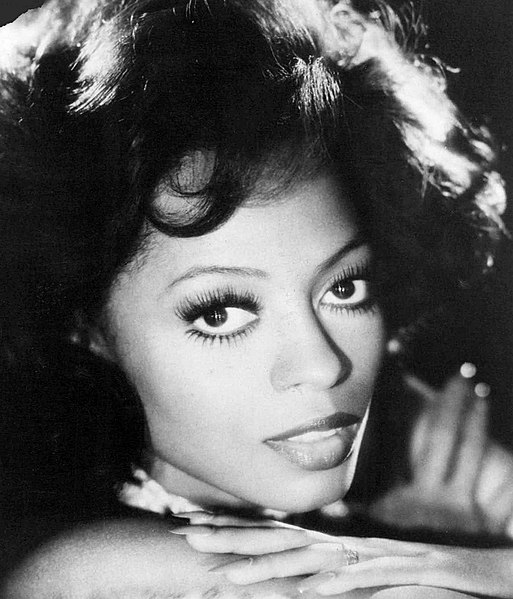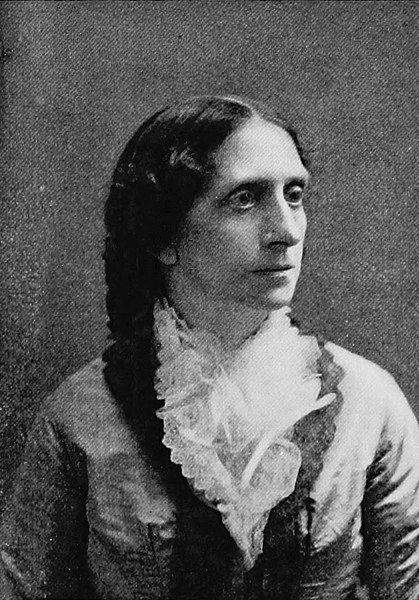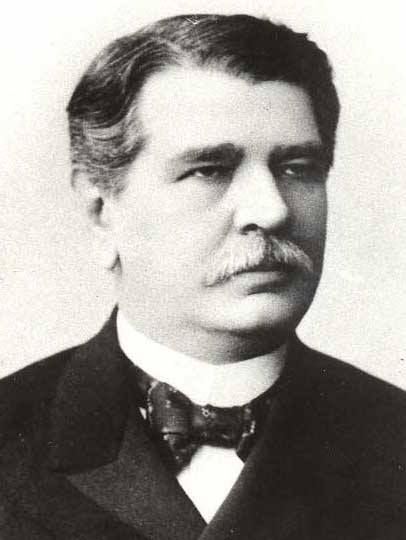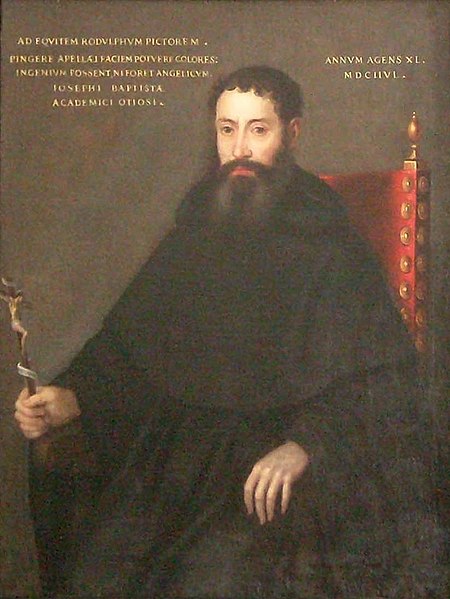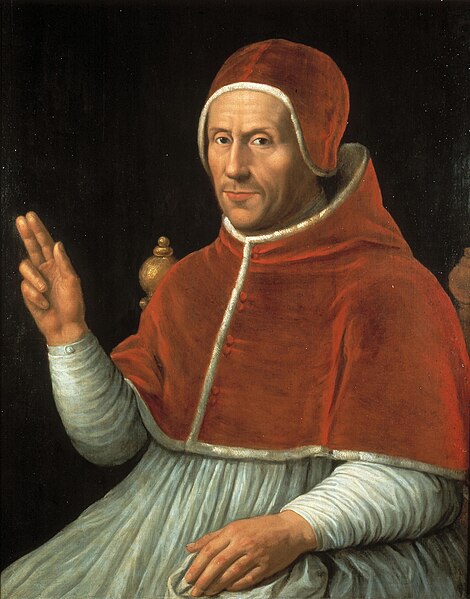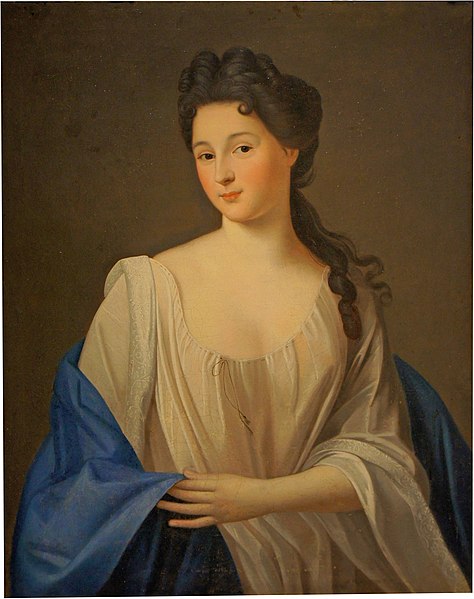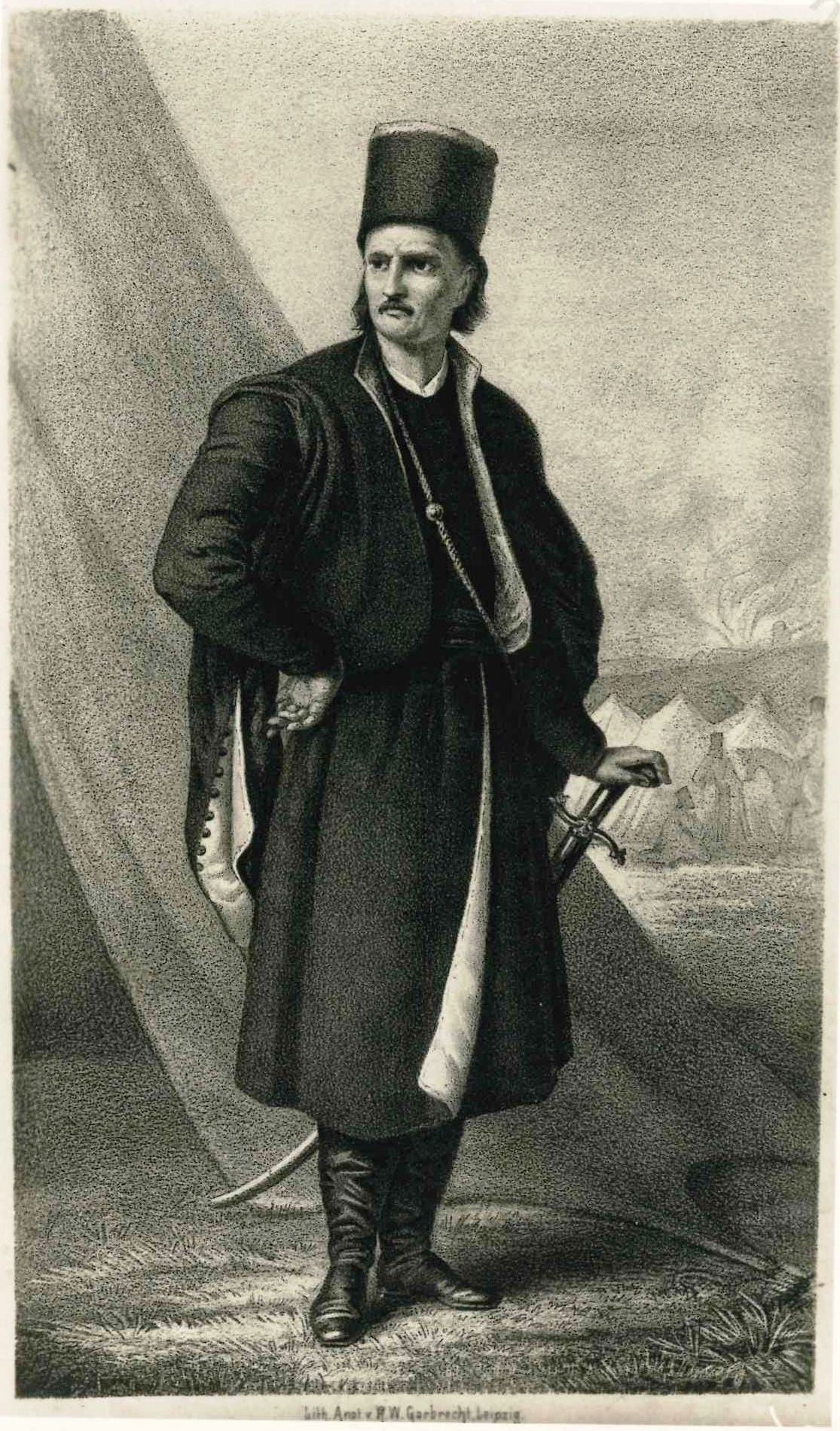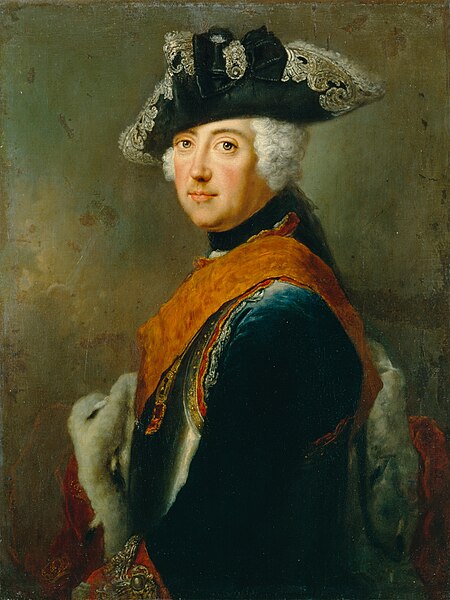
King Frederick the Great (Friedrich II) of Prussia, 1712–1786
I’ve long adored the name Frederick in many of its international forms. It derives from a Germanic name meaning “peaceful ruler,” from the elements fridu (peace) and rih (ruler; power; king). Though it’s historically been very common in German-speaking areas, it took a long time to catch on in the Anglophone world.
The invading Normans brought this name to England in 1066, but it soon dropped from popularity. In the 18th century, it returned by way of the German-born House of Hanover inheriting the British throne.

American abolitionist, social reformer, writer, and orator Frederick Douglass (né Frederick Augustus Washington Bailey), 1817 or 1818–1895
Frederick was #33 in the U.S. in 1880 (its highest rank to date), and remained on the Top 100 till 1957. In 2021, it was #476. The name is much more popular in England and Wales, where it was #61 in 2021, and has been on the Top 100 since 2009. It was also Top 100 in 2005 and 2006.
Other forms of the name include:
1. Friedrich is German. Nicknames are Fritz, Fred, and Fiete.
2. Frederik is Dutch, Danish, and Afrikaans. Dutch nicknames are Frits, Freek (rhymes with rake and brake), Freddy, Fred, and Rik.
3. Fredrik is Swedish, Norwegian, and Finnish.
4. Frédéric is French. Without accent marks, Frederic is Catalan.
5. Fryderyk is Polish.
6. Frederico is Portuguese.
7. Federico is Spanish and Italian.
8. Federigo is old Italian.
9. Frīdrihs is Latvian.
10. Fricis is also Latvian.

Polish composer Frédéric François (né Fryderyk Franciszek) Chopin, 1810–1849
11. Friderik is Slovenian.
12. Friðrik is Icelandic.
13. Frigyes is Hungarian. It’s kind of pronounced like FREED-yesh. The Hungarian letter GY is like the soft, barely perceptible DY in due, during, and endure.
14. Fridrik is Croatian.
15. Fridrikh is Russian.
16. Federicu is Corsican and Sardinian.
17. Federich is Piedmontese.
18. Fidericu is Sardinian.
19. Frederig is Breton.
20. Frydrykh is Belarusian.

Latvian Riflemen commander and colonel Frīdrihs Briedis, 1888–1918
21. Frydrichas is Lithuanian.
22. Fridrih is Serbian.
23. Frédéris is Norman.
24. Frederikas is Lithuanian.
25. Freadaraig is Scottish.
26. Federiku is Maltese.
27. Fríðrikur is Faroese.
28. Freiderikos is Greek.
29. Feardorcha is Irish.
30. Ffredrig is Welsh.

Italian Cardinal and Archbishop Federico Borromeo, 1564–1631
31. Fadri is Romansh.
32. Fretterat, or Fretterret, is Sami.
33. Priidik is Estonian. Nicknames include Priit and Priidu.
34. Peleke is Hawaiian.
35. Bedřich is Czech.
36. Rietrikki is a rare, archaic Finnish form.

Princess Frederica Charlotte of Prussia, later Duchess of York and Albany (1767–1820)
Female forms include:
1. Fredericka is English.
2. Frederica is Portuguese, Gascon, Provençal, Languedocian, Galician, and English.
3. Federica is Italian and Corsican.
4. Fredrika is Finnish and Swedish.
5. Fryderyka is Polish.
6. Frederikke is Danish.
7. Frédérique is French.
8. Friðrika is Icelandic.
9. Friederike is German. Nicknames include Fritzi, Rike, Friede, and Frieda.
10. Frédérika is French.

Finnish historical novelist and journalist Fredrika Runeberg, 1807–1879
11. Fridrika is Hungarian. Nicknames include Fridi and Frici.
12. Frederiek is Dutch, reflecting the French pronunciation of Frédérique.
13. Fredericke is German.
14. Frédérica is a rare Corsican form.
15. Freiderike is Greek.
16. Frideriki is also Greek.
17. Federika is a rare Hungarian form.
18. Bedřiška is Czech.
19. Perderike is Basque.

